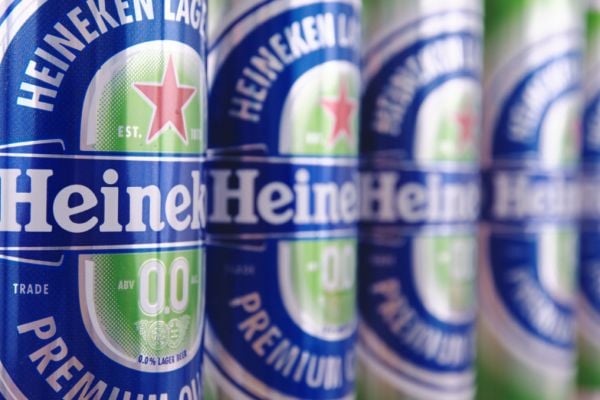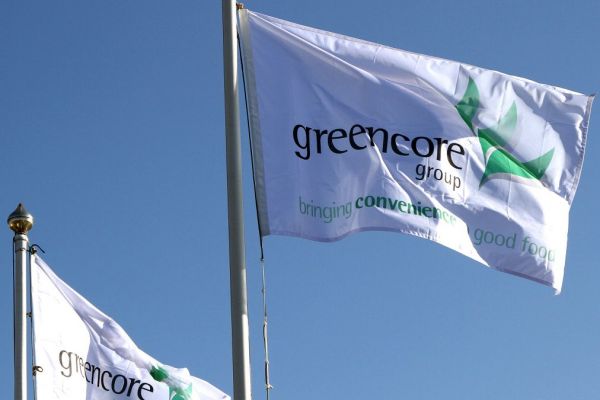The proliferation of private-label products in supermarkets shows no signs of slowing down in 2023.
Increased consumer awareness and shifts in the market have seen the average shopper becoming more conscious and decisive in how he or she spends and engages with brands.
A US-based study in December found that some 60% of shoppers believe that private-label products are as good as national brands when it comes to quality, innovation, sustainability, trust, and delivering on claims.
With private label poised for a stronger year than ever before, ESM has decided to examine eight private-label trends to watch out for in 2023.
Private-Label Industry Overview 2023
According to IRI, a quarter of shoppers believe that store brands are ‘even better’ than national brands in terms of delivering these qualities – a ‘significant shift’ from previous periods.
Furthermore, this has been seen in terms of sales. As am example, private-label sales in Italy reached an all-time high of €12.8 billion in 2022 – an increase of 9.4%, year on year. Similar private-label trends have been recorded in Britain, Spain, Germany and the Netherlands.
As ESM discovered, supermarkets have noticed this and are adjusting their business and marketing strategies accordingly.
Supermarkets can capitalise and stay ahead of the curve by familiarising themselves with the following private-label trends, identified by ESM as ones to keep an eye on for the year ahead.
1. Brand Agnostic
In June 2022, a study by Daymon suggested that retailers need to rejuvenate their private-brand innovation strategies or risk falling behind the competition, in an increasingly complex, constantly changing environment.
Given the challenges they face at present, consumers are becoming ‘brand agnostic’, and supermarkets should aim to create a disruptive business model when it comes to private-labelling, rather than just taking a generic approach.
2. Pricing Strategy
At the start of 2023, Walmart commenced marketing its private-label products to shoppers as less expensive alternatives to mainstream suppliers, warning major packaged goods makers that it can no longer ‘stomach’ their price hikes. If the biggest supermarket chain in the world is taking this action, rest assured that the rest of the market will be taking note.
With this in mind, supermarkets must strike a balance between providing excellent quality and competitive pricing.
3. Identifying A Niche
See a problem and identify a solution – this seems somewhat simple, but many supermarkets make the mistake of launching products into a market that is already saturated or at capacity.
Unmet need creates unmet demand.
4. Ally Against Inflation
During previous periods of economic hardship, such as the 2008 recession and the years following it, private-brand sales increased sharply.
The Private Label Manufacturers’ Association (PLMA) has claimed that a major reason for the double-digit surge in private label penetration in the US in 2022 was that store brands were embraced by American shoppers as a ‘dependable ally’ against persistent inflation and other personal financial hardships.
Interestingly, shoppers across the country reported a high degree of satisfaction with store-brand products that they purchased for the first time in certain categories, adding that they would continue to buy them, even when a recession ends.
5. Favourable Dynamic
Despite inflation, recession fears, supply chain issues, and geopolitical unrest, consumers have been able to continue purchasing high-quality food and non-food grocery items by adapting and shopping smarter, the PLMA recently noted.
“That’s a trend that historically accrues to the long-term benefit of the store-brands’ industry," commented PLMA President Peggy Davies. "We have every reason to believe that this favourable dynamic will continue well into 2023.”
6. Price Wars
There are suggestions that once the current period of high inflation comes to an end, branded FMCG suppliers are likely to engage in deep discounting campaigns, which could impact private-label performance.
IRI has suggested that a price war is increasingly likely in 2023 , as inflation levels normalise and brands seek to recapture market share.
7. Private-Label Pricing
According to Ananda Roy, global SVP, strategic growth insights, IRI, private labels have typically provided shoppers with lower prices. However, such prices are not sustainable, and inflation has caused prices to rise more significantly for private labels compared to well-known brand names.
“Yet, this has not dampened demand, especially in the chilled and fresh, ambient and frozen segments in food categories, and household and personal care in non-food categories," he commented recently.
8. Quality Will Decide
The trajectory that the private-label market takes will be driven by customer acceptance – not just that store brands offer great value in a challenging economy, but that their quality surpasses that of mainstream brands in the market.
Difficult times will drive consumers to the private-label section of supermarkets, however, it will be quality that will determine if they stay there or not.
© 2023 European Supermarket Magazine – your source for the latest private-label news. Article by Robert McHugh. Click subscribe to sign up to ESM: European Supermarket Magazine.














